Nigeria’s economy is showing promising signs of recovery as the International Monetary Fund (IMF) recently upgraded the country’s Gross Domestic Product (GDP) growth forecast to 3.9% for 2025 and 4.2% for 2026. This revision reflects growing confidence that Africa’s largest economy may be turning a corner after years of volatility.
The upgrade, detailed in the IMF’s latest World Economic Outlook titled ‘Global Economy in Flux, Prospects Remain Dim’, represents a 0.5 percentage point increase from previous forecasts. This upward revision signals renewed optimism about Nigeria’s medium-term economic prospects, driven by higher oil production, stronger investor confidence, and more supportive fiscal policies.
For years, Nigeria’s economy has been characterized by significant challenges including oil price shocks, high inflation, currency instability, and widening poverty. By May 2023, Nigeria’s inflation rate reached 22.41%, with food inflation hitting 24.82%—the highest in two decades. The country operated a fragmented exchange rate system that created market distortions and encouraged rent-seeking behaviors.
By 2023, Nigeria’s foreign exchange reserves stood at $34.96 billion, though actual usable reserves were significantly lower due to various financial obligations. The country’s GDP growth remained modest at 2.74% in 2023, constrained by backlog of unfulfilled FX obligations and limited fiscal space.
However, 2025 is shaping up differently as the IMF’s revised outlook credits a combination of fiscal discipline, monetary tightening, and sectoral diversification for the economic turnaround. The recent rebasing of Nigeria’s GDP (the first since 2014) revealed a more dynamic economic structure with greater contributions from digital technology, entertainment, and professional services, signaling a shift away from oil dependency.
On inflation, Nigeria’s annual rate eased to 18.02% in September 2025, marking the lowest since May 2022. Meanwhile, Nigeria’s external reserves surpassed the $42 billion mark, reaching $42.225 billion as of September 25, 2025—the highest in over six years.
Behind these positive numbers lies a deeper narrative of reform and resilience. Since assuming office, Finance Minister and Coordinating Minister of the Economy Wale Edun has emerged as a quiet architect of Nigeria’s economic transformation. Known for his technocratic precision and market-savvy instincts, he has been steering Nigeria through a series of bold policy changes.
On fiscal transparency, the administration has prioritized cleaning up public finances, cutting waste, and improving revenue collection. Working closely with the Central Bank of Nigeria (CBN), Edun has helped tighten monetary policy to combat inflation and stabilize the naira.
These reforms have renewed foreign investor interest, with Nigeria now seen as a more predictable and investable market. For now, the signs are promising as Nigeria is no longer just surviving—it’s recalibrating its economic foundations with purpose and precision.
These promising signs have also received endorsement from top economists in the country. According to Bismarck Rewane, Chief Executive Officer of Financial Derivatives Company (FDC) Limited, Nigeria’s economic recovery is both real and sustainable.
Rewane, speaking at a Lagos Business School event, described economic recovery as the phase when growth resumes after a period of contraction or downturn. He noted that Nigeria’s current recovery is characterized by improvements in key indicators: GDP growth, inflation stabilization, employment rates, and increased business and consumer confidence.
Comparing current data with previous years, Rewane highlighted that pump prices of petrol, which rose sharply after subsidy removal, have moderated from N985 per litre in September 2024 to N841 in October 2025. Similarly, the foreign exchange rate, which was around N1,900 per dollar in February 2024, has appreciated to N1,488 in October 2025 following foreign exchange market liberalization.
Rewane stated that Nigeria’s ongoing recovery is “close to dynamic equilibrium,” with stabilizing economic variables, rising investor and consumer confidence, and GDP growth reaching a four-year high of 4.23 percent.
However, as Nigeria continues its ambitious economic reform agenda, calls for caution are growing louder. Finance Minister Edun and his team have been urged to balance fiscal discipline with social sensitivity, as recent policies—though aimed at long-term stability—have triggered widespread hardship across the country.
Recently, World Bank Country Director in Nigeria Dr. Matthew Verghis urged the Federal Government to tackle inflation, particularly food inflation, to bridge the gap between reforms and their impact on citizens. Verghis, speaking at the launch of the World Bank’s latest Nigeria Development Update, emphasized that despite positive reforms, many Nigerians still struggle with eroded purchasing power and poverty remains a pressing issue.
Similarly, Chief Executive Officer of the Centre for the Promotion of Private Enterprise (CPPE) Muda Yusuf acknowledged that while the government has implemented bold reforms in the past two years, these measures have imposed short-term pain on Nigerians. He advised that to sustain reform momentum, these measures must be complemented by targeted social protection programs—cash transfers, food security interventions, and job-creation initiatives—to shield vulnerable households and maintain public support.
Looking ahead, Nigeria must focus on deepening economic diversification by scaling up value addition in agriculture, manufacturing, and solid minerals. The government must also strengthen governance and institutions by enhancing transparency, reducing the cost of governance, and improving fiscal responsibility and management.
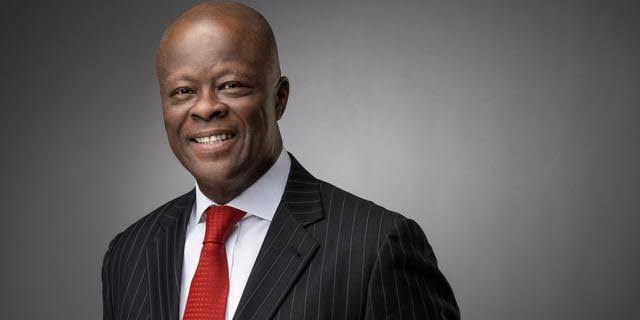
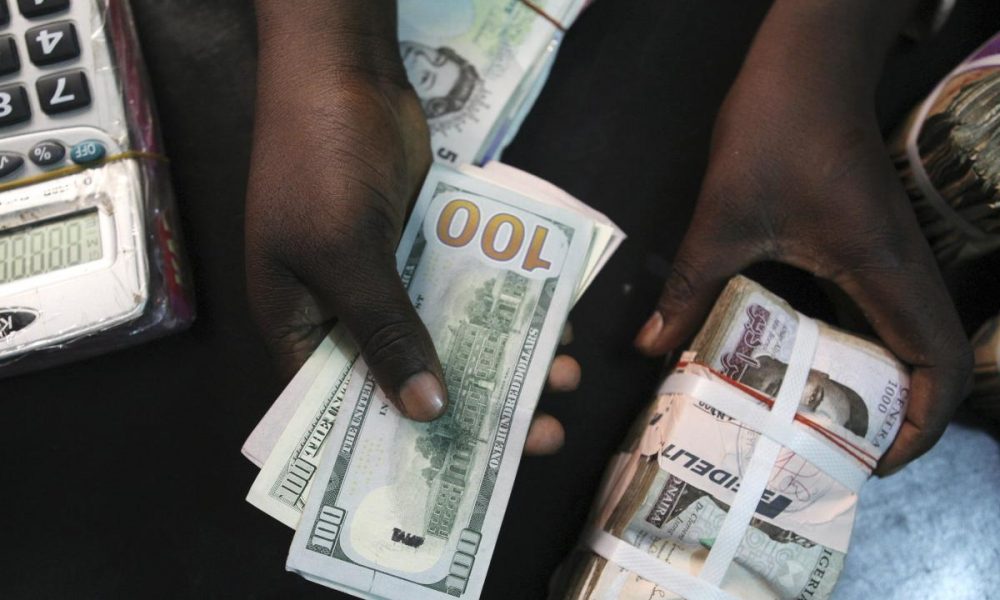
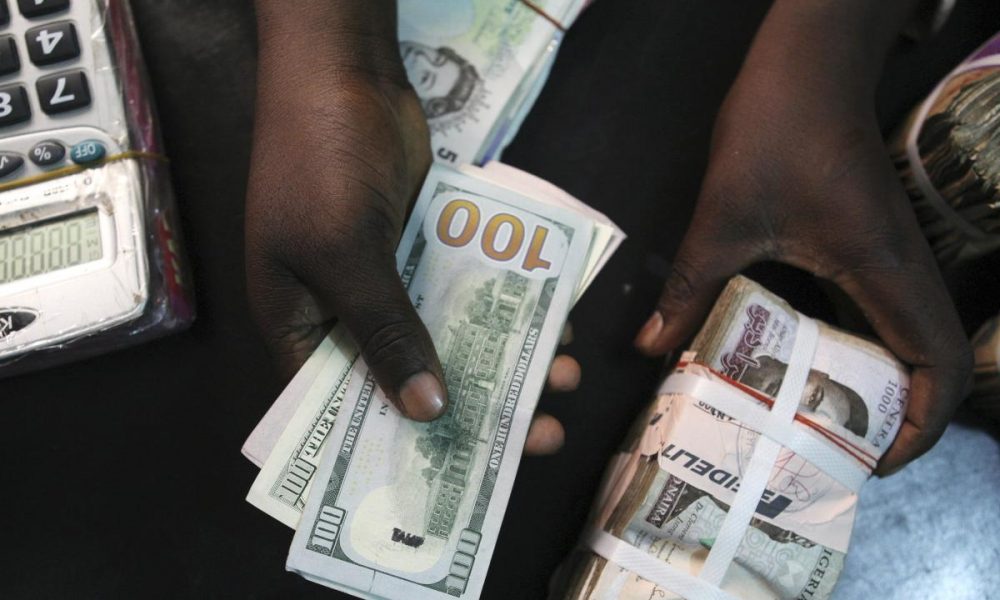
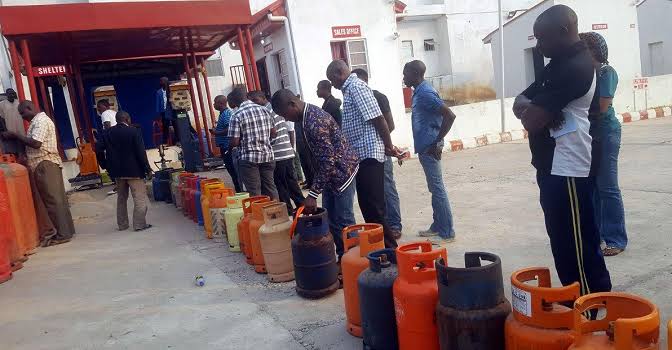
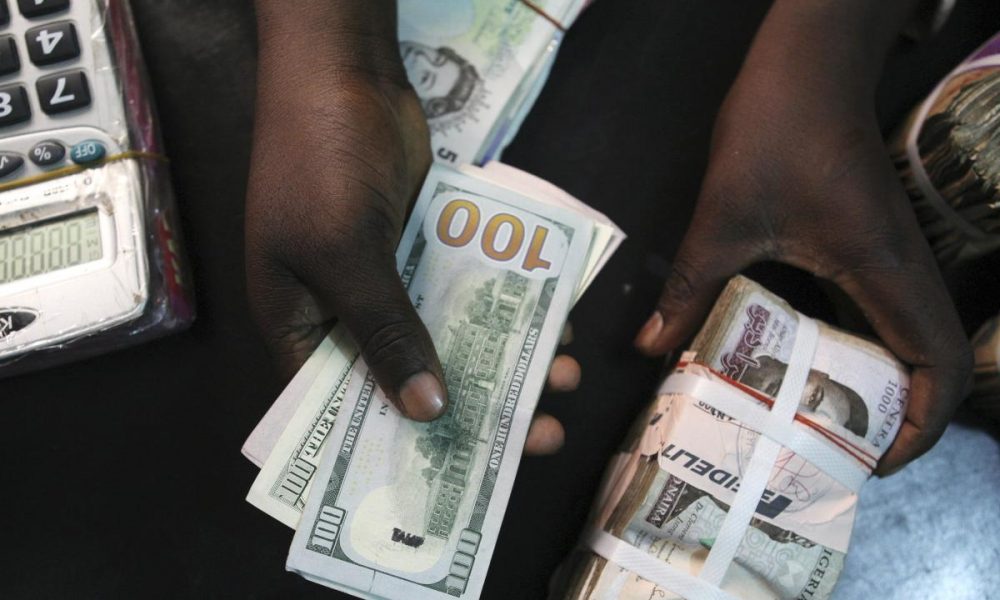
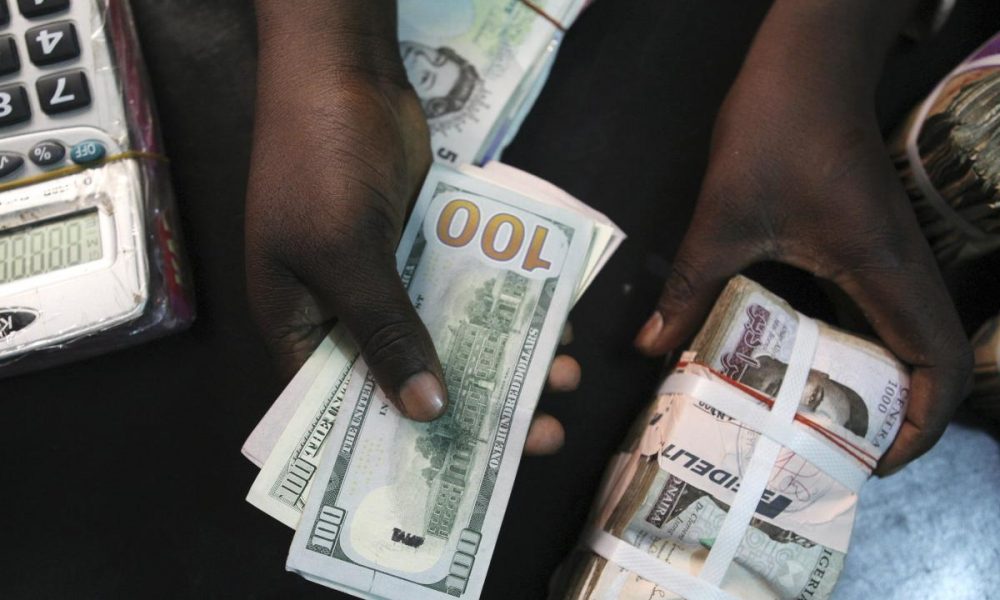



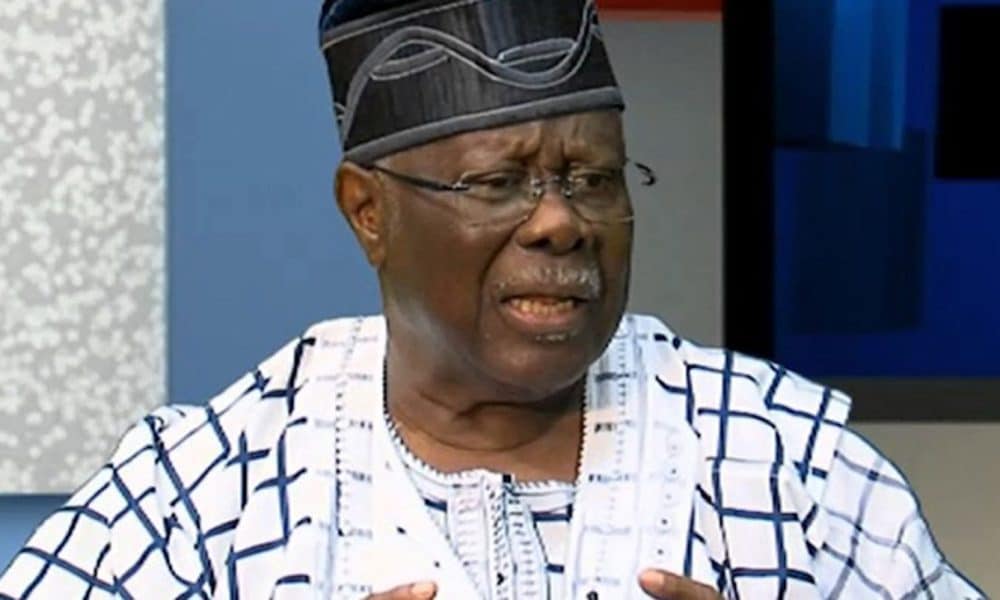
Leave a Reply